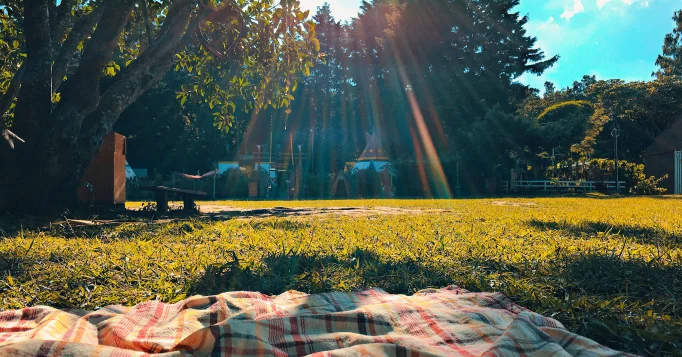Food for Thought is a series of events, where we discuss philosophical and practical questions of EA in small groups over food and drinks: We are exploring effective altruism one bite at a time. EA newcomers are welcome; studying the suggested material is encouraged but not required, please RSVP.
Topic
We are back with another round of "build your own utopia"! Sometimes we get all bogged down in the nitty gritty of definitions, utility and thinking at the margin. While these discussions are important and define EA, we would like to put all these details aside for one evening and paint our EA utopia with broad brush strokes. Just to see what kind of world we would like to build if our resources were, for once, not limited.
We will bring all kind of metrics and want to discuss with you where on these axes we should end up in our utopia. We are looking forward to a lively and creative discussion :)
Suggested preparation
This time there is no text to read as a preparation. If you want to prepare something, think about a metric you would like to discuss. Maybe you've always wanted to get others' opinion wether the ideal world would be more paternalistic or more egalitarian or maybe you are more interested in the question wether utopia should have more or less marshmallows in it. Anything that might kick-start a great discussion about the utopian state of the world is welcome.
Where/How/What
Let's meet again in Monbijoupark (the exact location will be posted before the event as soon as we’ve put our blankets down on the grass).
What to bring
- Something to drink and something to eat/snack for yourself.
- If you find the time to prepare or buy extra food: something vegan to share which can be eaten without plates/cutlery would be much appreciated (this can be something very low effort but if you don’t have the time to prepare anything, feel free to drop by nevertheless).
- If you have one: please bring a picnic blanket.
- If you have some: String of lights/fairy lights with batteries, so that it'll still be cozy after the sun goes down.




is this the matching meetup.com event?
https://www.meetup.com/food-for-thought-exploring-ea/events/308388964
it currently shows "Wednesday, June 25" as the event's date.
Hey! Thanks for pointing that out, the date is actually the 25th of June (so the Wednesday), I have now updated the event date here :)